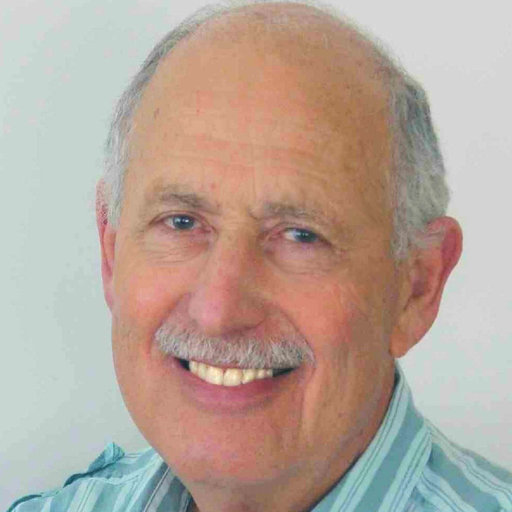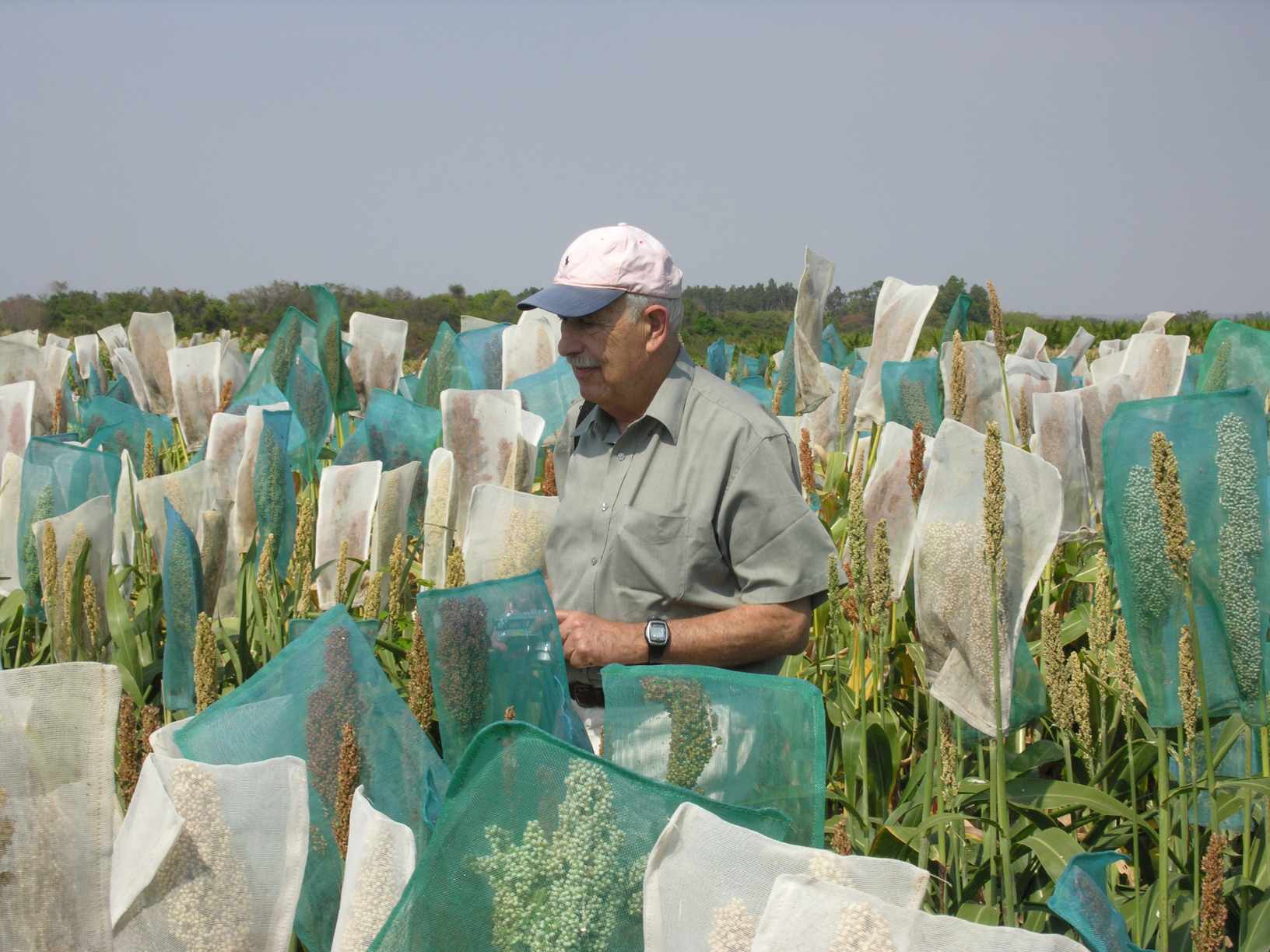
Long-time CIMMYT partner and plant physiologist Abraham Blum passed away on March 10, 2018, at the age of 84, after having dedicated his career to understanding how plants cope with stress.
From 1968 to 2000 he was based at The Volcani Centre in Israel, where he led the Agriculture Research Organization’s dryland wheat and sorghum breeding programs. His research focused on the functional basis and improvement of heat and drought tolerance in cereals.
Blum and his team developed wheat and sorghum cultivars adapted to dryland conditions, using novel breeding methods. A strong advocate for multidisciplinary approaches, he pioneered and championed the study of observable traits to enhance the understanding of plants’ ability to cope with and adapt to changes in the environment.
Blum authored more than 100 scientific papers and reviews, challenging common beliefs concerning drought tolerance. His 1988 book, Plant Breeding for Stress Environments, describes how plants cope with drought stress through traits to avoid or tolerate dehydration and is considered the first comprehensive treatise on plant breeding for water-limited environments.
“Abraham initially visited CIMMYT in my first year, 1989,” said Matthew Reynolds, head of wheat physiology at CIMMYT, “but I later applied his advice to make more strategic crosses and this eventually became the core principle of our physiological breeding work.”
Blum sustained his engagement with CIMMYT, serving as an advisor and speaker at CIMMYT’s inaugural Yield Potential Workshop in Obregón, Mexico, in 1996, and again at the inaugural meeting of the Heat and Drought Wheat Improvement Consortium (HeDWIC) in Frankfurt in 2014.
He spent much of his retirement consulting, teaching, and curating his website, Plant Stress, which offers concentrated information on environmental plant stress, written or compiled by specialists. “The website he developed is a unique resource that has been used by plant and crop scientists worldwide for decades,” explained Reynolds, “and I am honored to have been asked to help continue this invaluable legacy.”
